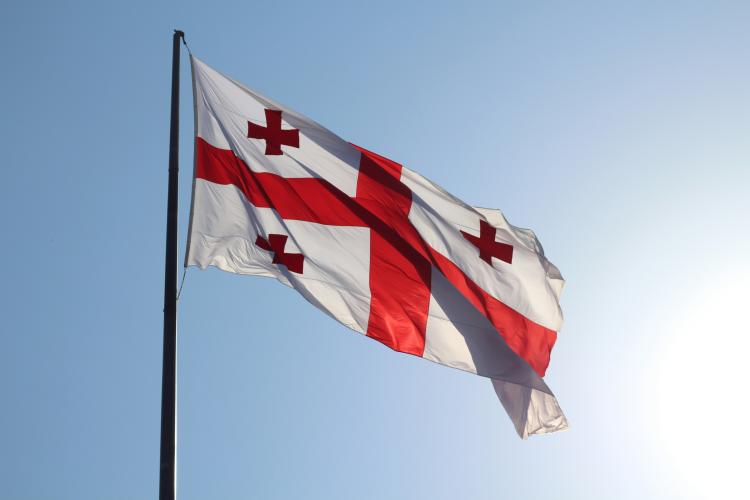
The protests against the reintroduction of Georgia's Law on Transparency of Foreign Influence have been ongoing since the law's reintroduction. The situation escalated as police clashed with demonstrators, leading to injuries and arrests on April 16. Police aggressively dispersed peaceful protesters behind the Parliament, using pepper spray and physical force. Thirteen peaceful demonstrators have been detained. Throughout the night, Georgian CSOs diligently searched detention centers for the detainees, engaging with them and documenting violations to the their rights. Journalists covering the events also faced violence from law enforcement.
The bill's first vote was postponed by one day due to lengthy parliamentary debates, while tens of thousands of people continued to protest outside. On April 17, the Georgian Parliament passed the law “On Transparency of Foreign Influence” in its first reading, with 83 votes in favour and none against, despite strong opposition from international partners, opposition MPs and politicians, as well as ongoing public protests near the Parliament building.
President Zourabichvili appealed to European leaders, denouncing the bill as a threat to Georgia's European aspirations. Several high-profile Georgian sportspeople made posted on social media, expressing opposition to the draft law and declaring support for the country’s European future.
The reintroduced legislation faced renewed criticism from Western officials after the first reading. The EU's High Representative for Foreign Affairs, Josep Borrell, and the EU Commissioner for Neighborhood and Enlargement, Olivér Várhelyi, called on Georgian Dream to withdraw the bill, stating that it contradicts fundamental EU principles and values. The United Nations human rights office also urged Georgian authorities to withdraw the draft law.
In Washington, the State Department deputy spokesperson Vedant Patel also reiterated the US’s concern that the foreign agent bill could “stigmatize civil society organizations working to improve the lives of Georgian citizens and media organizations operating within Georgia.”
The bill has yet to pass its second and third readings, although this time, unlike last year, without an accelerated procedure. The ruling majority is expected to pass the bill in its final, third reading on May 17.
The law's enactment would undermine democratic principles and stifle civil society, drawing parallels to restrictive measures in Russia. For more information on the content of the law, see the recent analysis, as well as reports on last year's introduction and withdrawal of the law.
